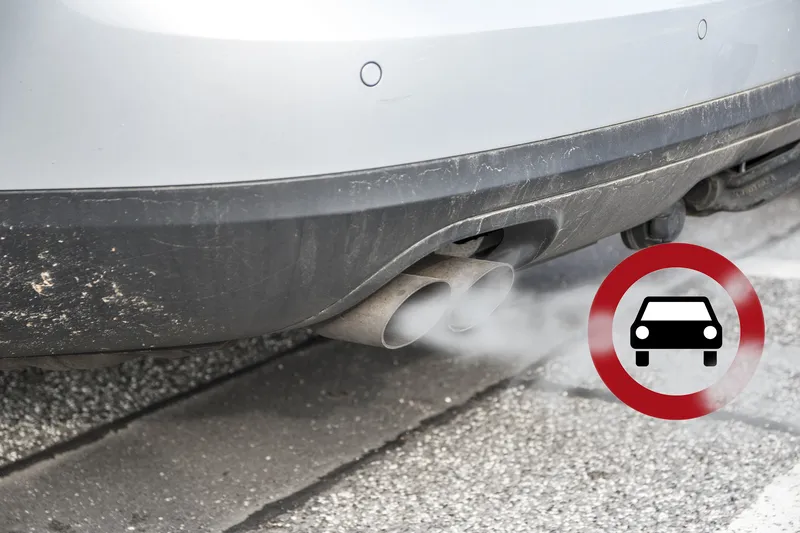In assessing if the ERTMS had been proper planned, deployed and managed, the auditors visited Denmark, Germany, Spain, Italy, Poland and the Netherlands and detected a reluctance from infrastructure managers to invest in the necessary equipment due the expense and a lack individual business cases.
There is also no overall cost estimate to establish necessary funding and its sources, while the legal obligations introduced did not cover decommissioning of national rail systems. The report also revealed a lack of alignment with deadlines and priorities included within the EU transport policy.
The auditors make a series of recommendations for the EC, the Member States and the
EU-wide Railway at low level status of deployment
Deployment of the European Rail Traffic Management System (ERTMS), an EU-wide railway signalling system is proceeding at a very low-level, according to a new report from European Court of Auditors.
In assessing if the ERTMS had been proper planned, deployed and managed, the auditors visited Denmark, Germany, Spain, Italy, Poland and the Netherlands and detected a reluctance from infrastructure managers to invest in the necessary equipment due the expense and a lack individual business cases.
October 6, 2017
Read time: 2 mins
Deployment of the European Rail Traffic Management System (ERTMS), an EU-wide railway signalling system is proceeding at a very low-level, according to a new report from European Court of Auditors.










